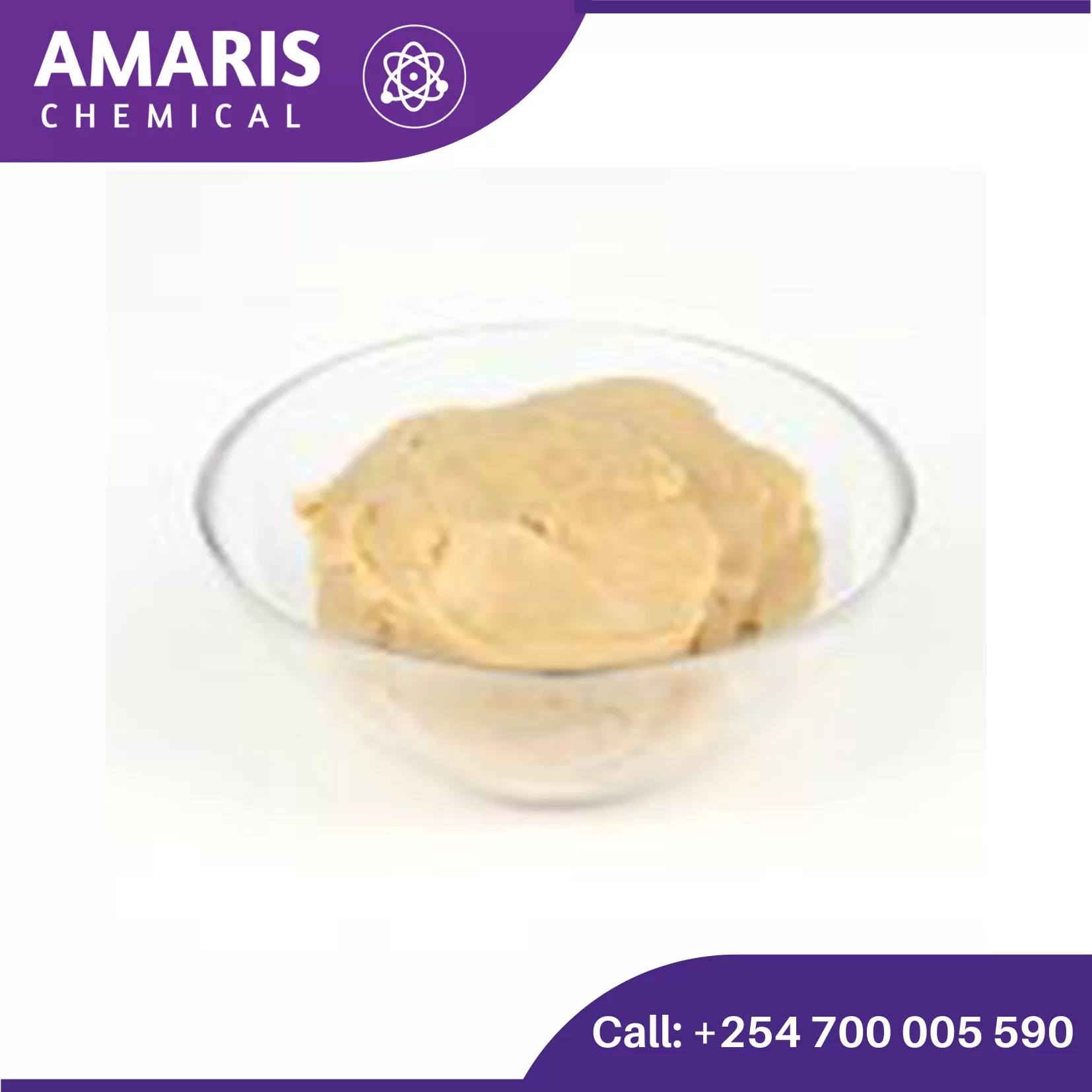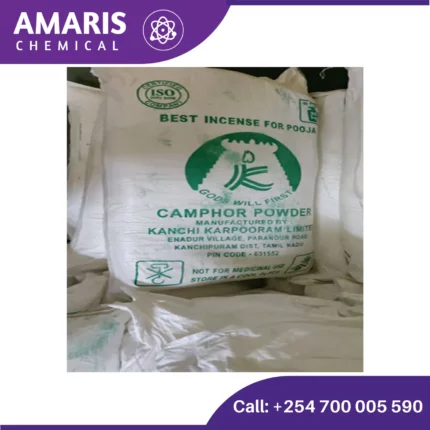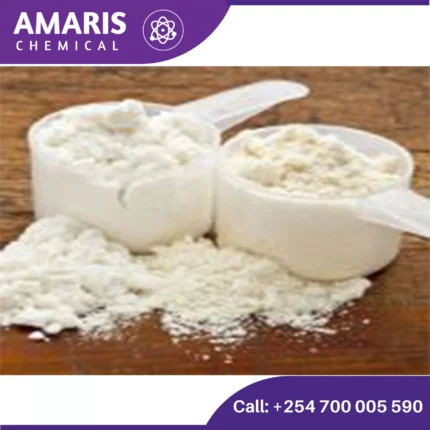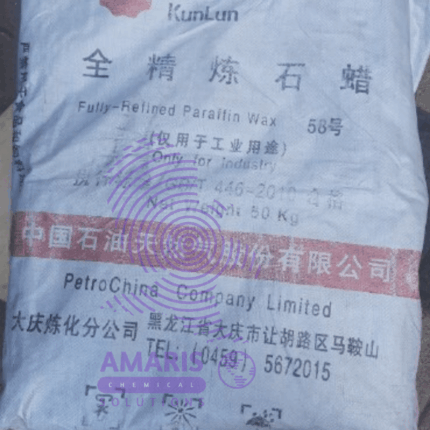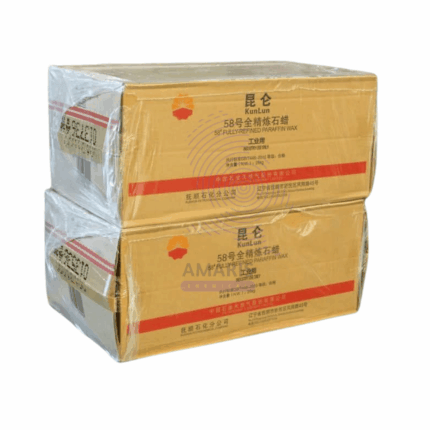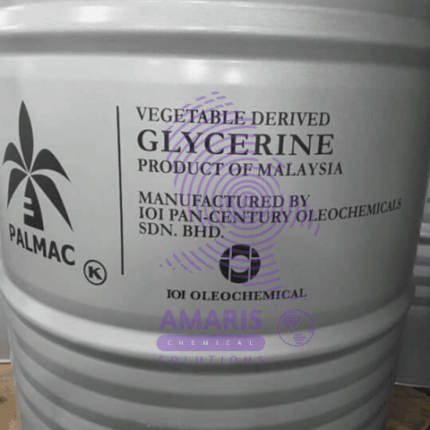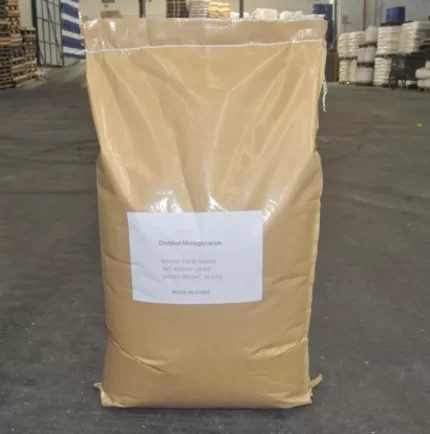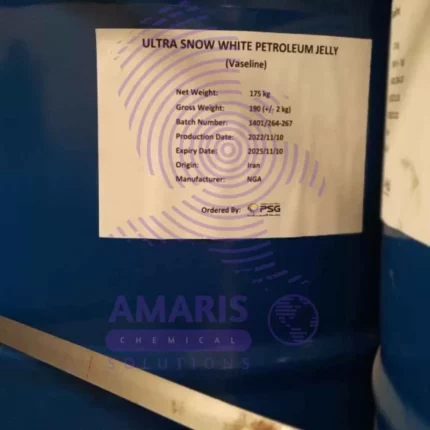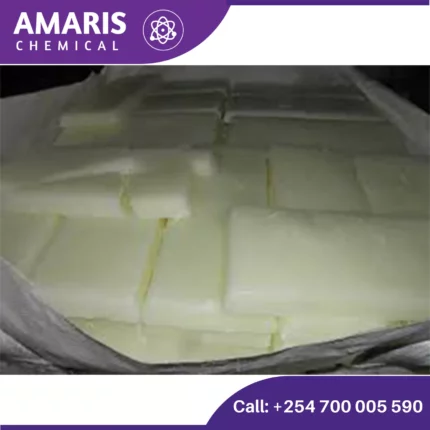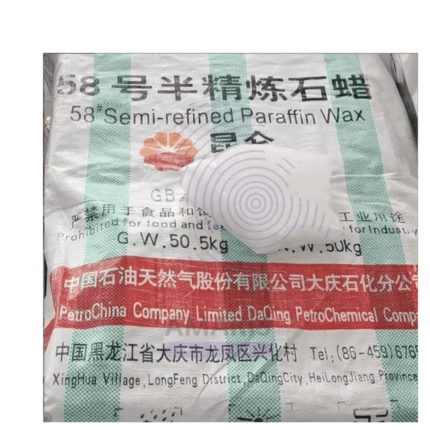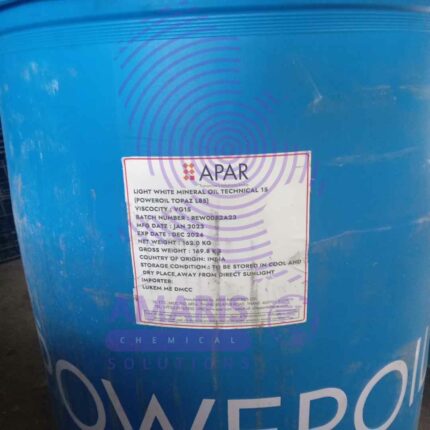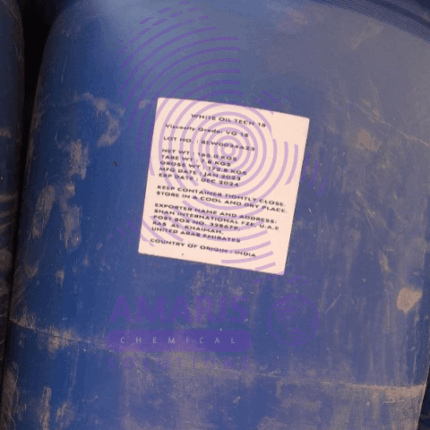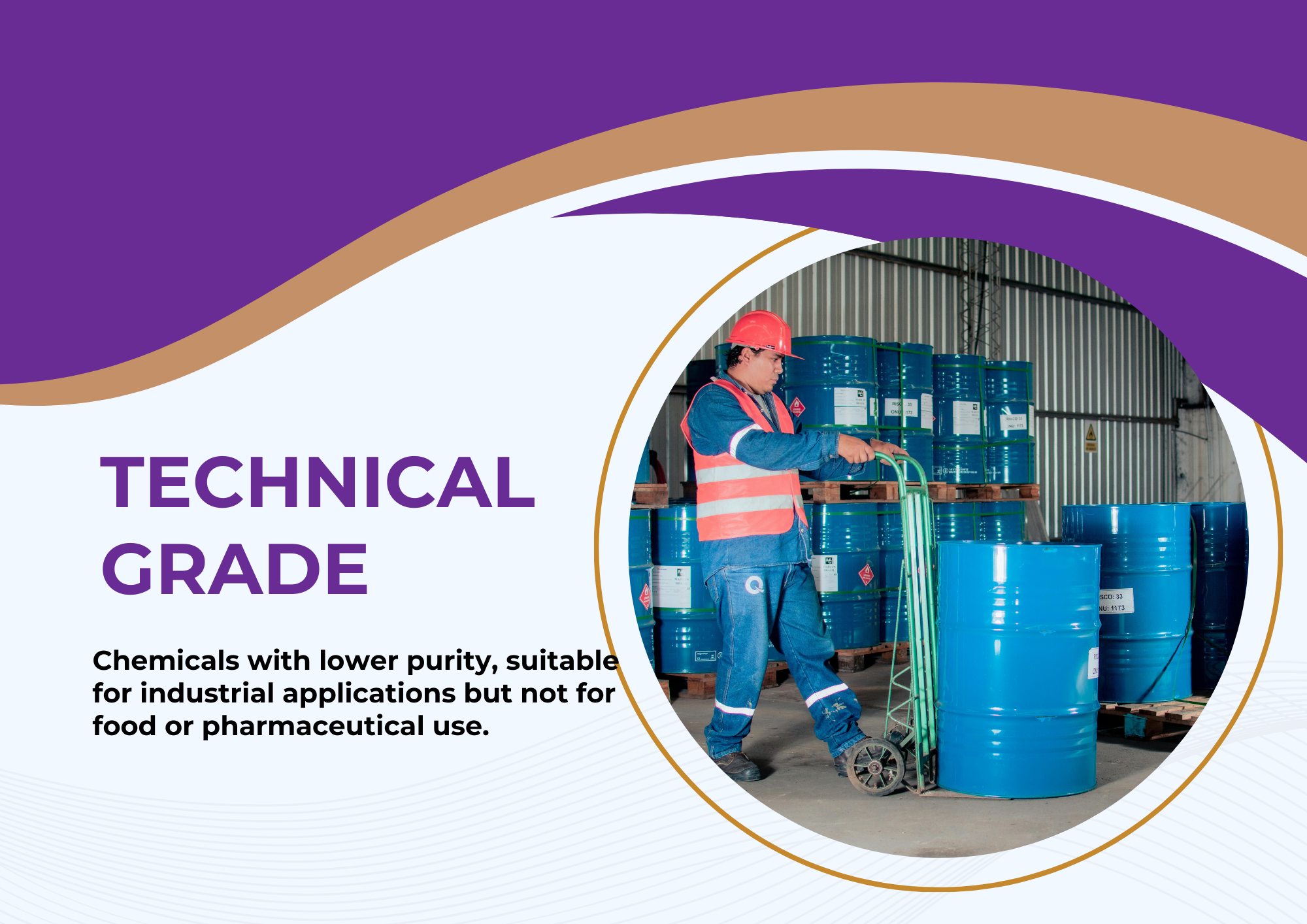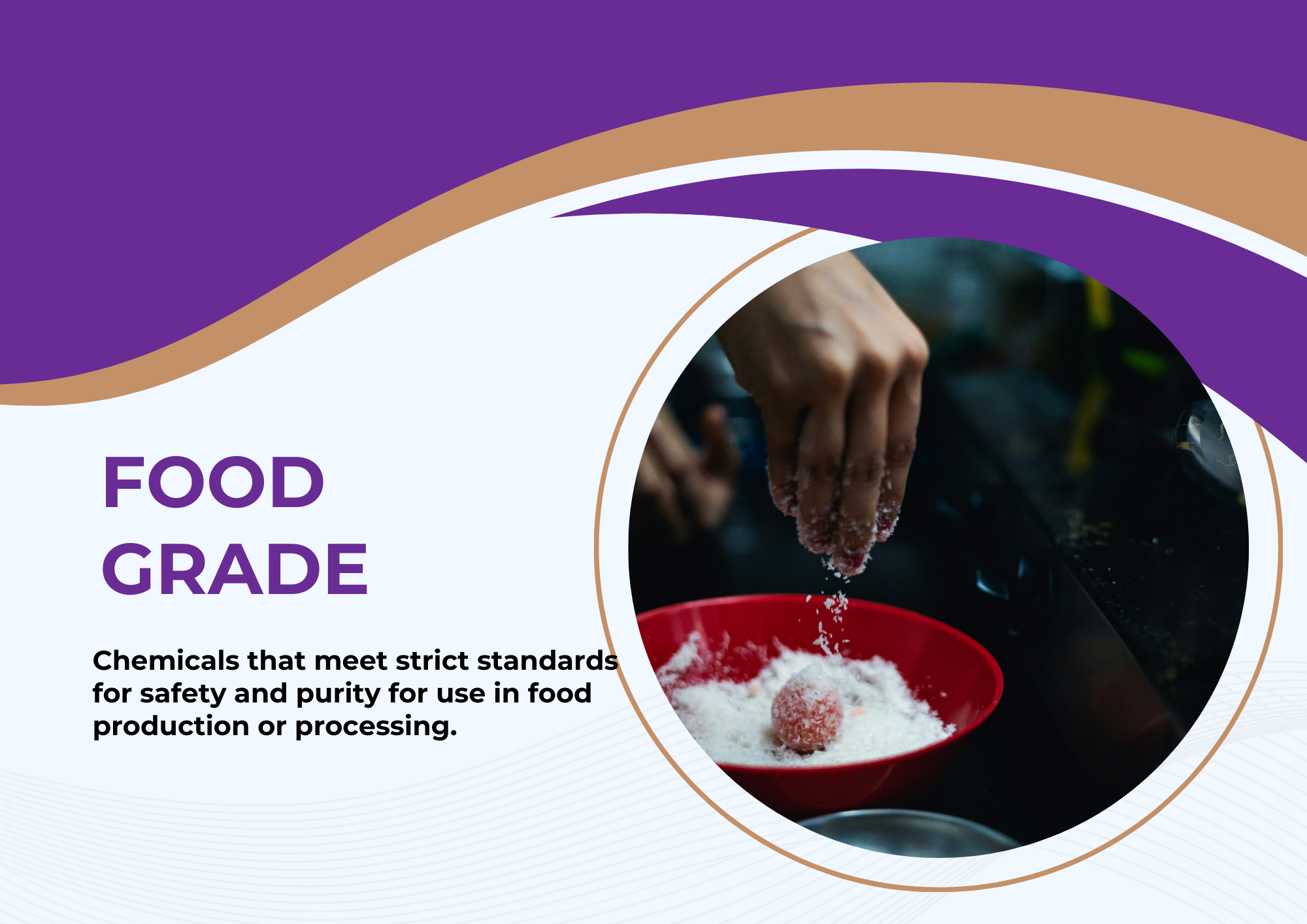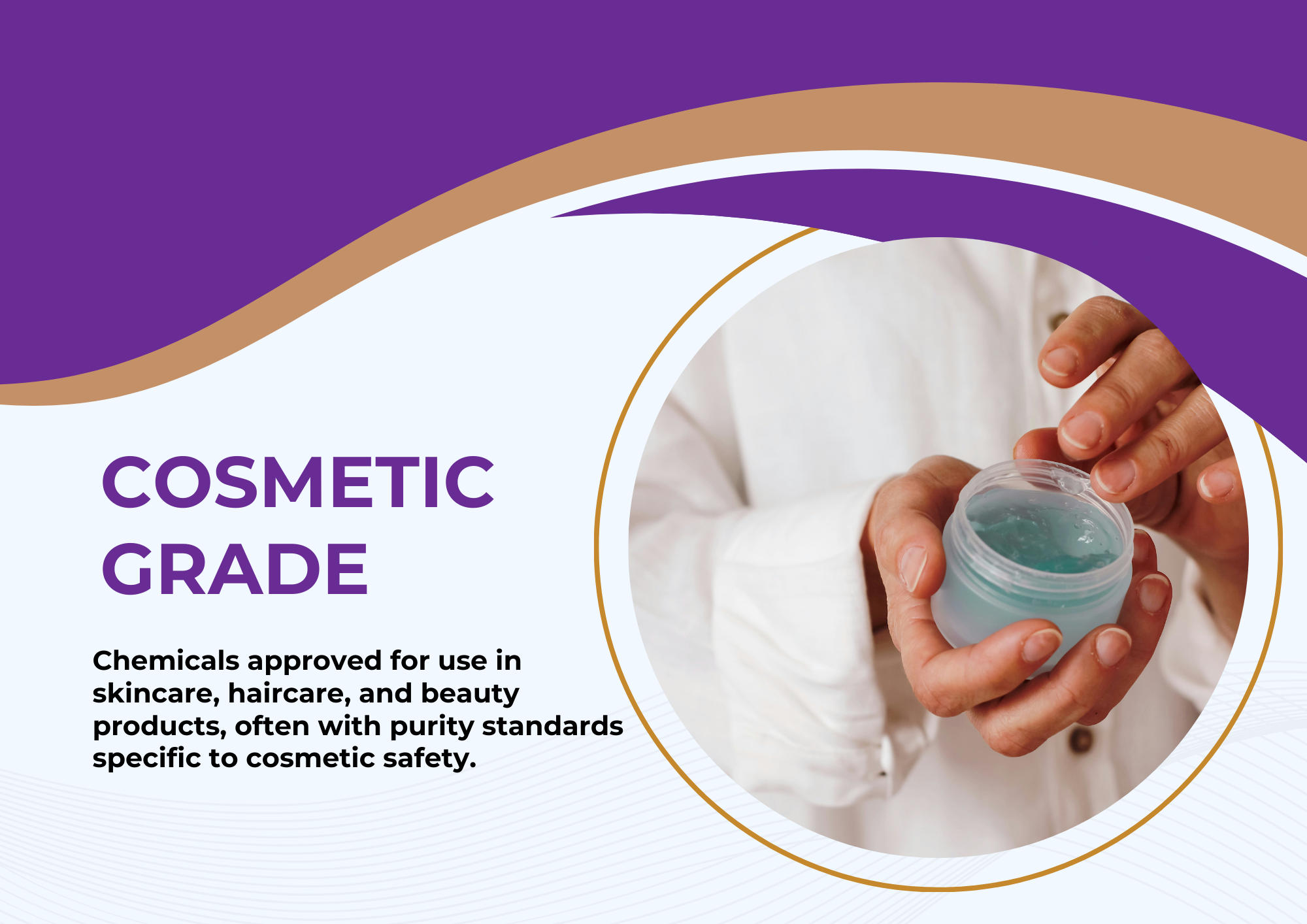“Silk Proteins” has been added to your cart. View cart
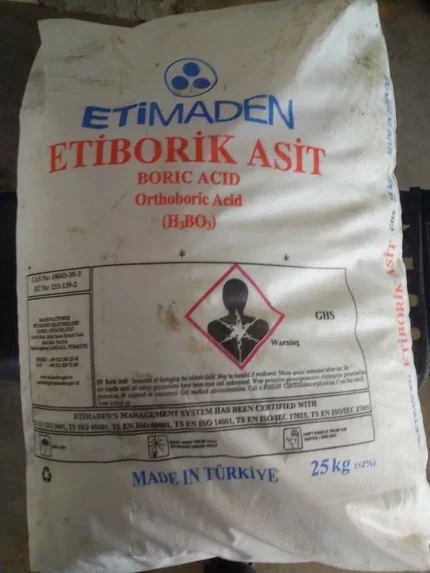
Boric Acid 25kg
KSh9,800.00 Original price was: KSh9,800.00.KSh8,900.00Current price is: KSh8,900.00.
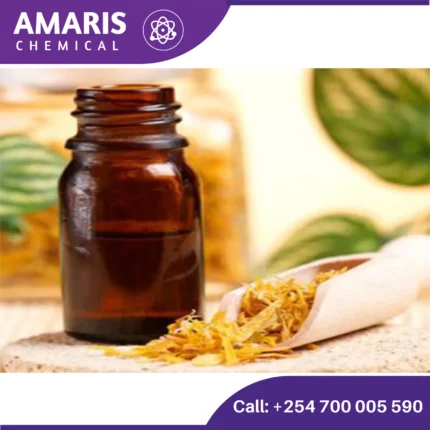
Infused Essential oils
KSh0.01
Coffee Butter
KSh0.01
Coffee butter is a creamy, spreadable substance made from coffee beans or coffee oil that resembles traditional butter in texture and consistency. It is typically produced by combining coffee extract or coffee-infused oil with a solid fat, such as coconut oil or cocoa butter, through a process called emulsification. The resulting coffee butter often retains the aroma and flavor of coffee, making it a popular ingredient in culinary applications and beauty products. It can be used as a spread, added to baked goods, incorporated into desserts, or utilized in skincare formulations for its potential moisturizing and antioxidant properties.
SKU:
ACS61962CHEM0
Category: Emollients
Description
Uses of Coffee butter
- Culinary Uses:
- Spread: Coffee butter can be used as a spread on toast, bagels, or pastries, providing a rich and aromatic coffee flavor.
- Baking: It can be used as an ingredient in various baked goods like cookies, cakes, brownies, or muffins to add a distinct coffee taste.
- Topping: Coffee butter can be melted and drizzled over desserts like ice cream, pancakes, waffles, or French toast.
- Coffee flavoring: It can be added to beverages like hot chocolate, smoothies, or milkshakes to enhance the coffee flavor.
- Cosmetic Uses:
- Skincare: Coffee butter is used in skincare products like moisturizers, body butters, and lip balms due to its potential moisturizing and antioxidant properties.
- Haircare: It can be found in haircare products such as conditioners or hair masks to provide nourishment and hydration to the hair.
- Massage: Coffee butter is used in massage products due to its smooth texture and coffee aroma, which can enhance the relaxation experience.
- Lip Care: It is commonly used in lip balms or lip scrubs to moisturize and soften the lips while providing a subtle coffee scent.
Shipping & Delivery
Related products
Fish Collagen
KSh0.01
Fish collagen is a natural protein extracted from the skin, scales, and bones of fish, primarily from species like cod, salmon, and tilapia. It is renowned for its high bioavailability, meaning it can be easily absorbed and utilized by the body. Fish collagen is composed of amino acids, including glycine, proline, and hydroxyproline, which are crucial for maintaining the structural integrity and elasticity of various tissues, including the skin, joints, bones, and blood vessels.
One of the distinguishing features of fish collagen is its smaller molecular size compared to other collagen types, such as bovine or porcine collagen. This smaller size enhances its ability to penetrate the skin and be effectively absorbed by the body. Fish collagen is also rich in type I collagen, which is the most abundant collagen type found in humans and plays a vital role in supporting skin elasticity and firmness.
Fish collagen has gained popularity in skincare and beauty products due to its ability to promote skin hydration, reduce the appearance of wrinkles and fine lines, and improve overall skin texture. It is believed to stimulate the body's natural collagen production and protect existing collagen from degradation, thereby supporting a more youthful and vibrant complexion.
Furthermore, fish collagen is known to support joint health by promoting cartilage regeneration and reducing joint stiffness and discomfort. It has been studied for its potential benefits in managing conditions such as osteoarthritis and rheumatoid arthritis, where collagen depletion and joint deterioration are major concerns.
In summary, fish collagen is a valuable protein source derived from fish, offering notable advantages in terms of bioavailability, skin rejuvenation, and joint support. Its unique composition and properties make it a sought-after ingredient in various cosmetic, nutraceutical, and medical applications.
Fully Refined Paraffin Wax 50 kg
Fully refined paraffin wax is a type of wax that has undergone a refining process to remove impurities and unwanted components. It is a white, odorless, and tasteless wax that is solid at room temperature and has a relatively low melting point.
The refining process involves several steps, including solvent extraction, deoiling, and bleaching. Solvent extraction involves dissolving the crude wax in a solvent, which separates the wax from other components such as oil and grease. Deoiling involves removing any remaining oil and grease from the wax through vacuum distillation. Bleaching involves removing any remaining color or odor from the wax through the use of chemical agents.
Fully refined paraffin wax is commonly used in a variety of applications, including candle making, coating materials, packaging, and cosmetics. Its properties, such as its low melting point and ability to retain fragrance and color, make it a popular choice in these industries
Glycerin 250 kg Drum Food Grade
Glycerin, also known as glycerol, is a colorless, odorless, viscous liquid that is sweet-tasting and non-toxic. It is a type of alcohol with three hydroxyl (OH) groups, and is commonly used in various industries such as pharmaceuticals, cosmetics, food, and personal care products. Glycerin has numerous applications, including as a solvent, humectant, emollient, and lubricant, among others. It can be derived from both plant and animal sources, and is also produced as a byproduct of soap and biodiesel manufacturing.
Glycerol Monostearate (GMS)
Petroleum jelly 175kg
Petroleum jelly is a semi-solid mixture of hydrocarbons, usually derived from petroleum, that has a smooth and greasy texture. It is also known as petrolatum or Vaseline, which is a trademarked brand name. Petroleum jelly is commonly used as a moisturizer to soothe and protect dry, cracked, or irritated skin. It is also used in a variety of other applications, such as lubrication, waterproofing, and as a base for some cosmetics and pharmaceuticals.
Semi Refined Paraffin wax
White oil 162kg
White oil is a highly refined, colorless, odorless, and tasteless mineral oil that is commonly used in a variety of industrial, cosmetic, and pharmaceutical applications. It is produced by refining crude oil to remove impurities, resulting in a pure and stable oil that is chemically inert and non-toxic. White oil is typically characterized by its high purity, low viscosity, and low volatility, which makes it an ideal choice for applications where cleanliness, stability, and safety are important. Some common uses of white oil include as a lubricant, a carrier oil for fragrances and flavors, a plasticizer in the manufacturing of plastics, and as an ingredient in personal care products such as lotions and creams.

